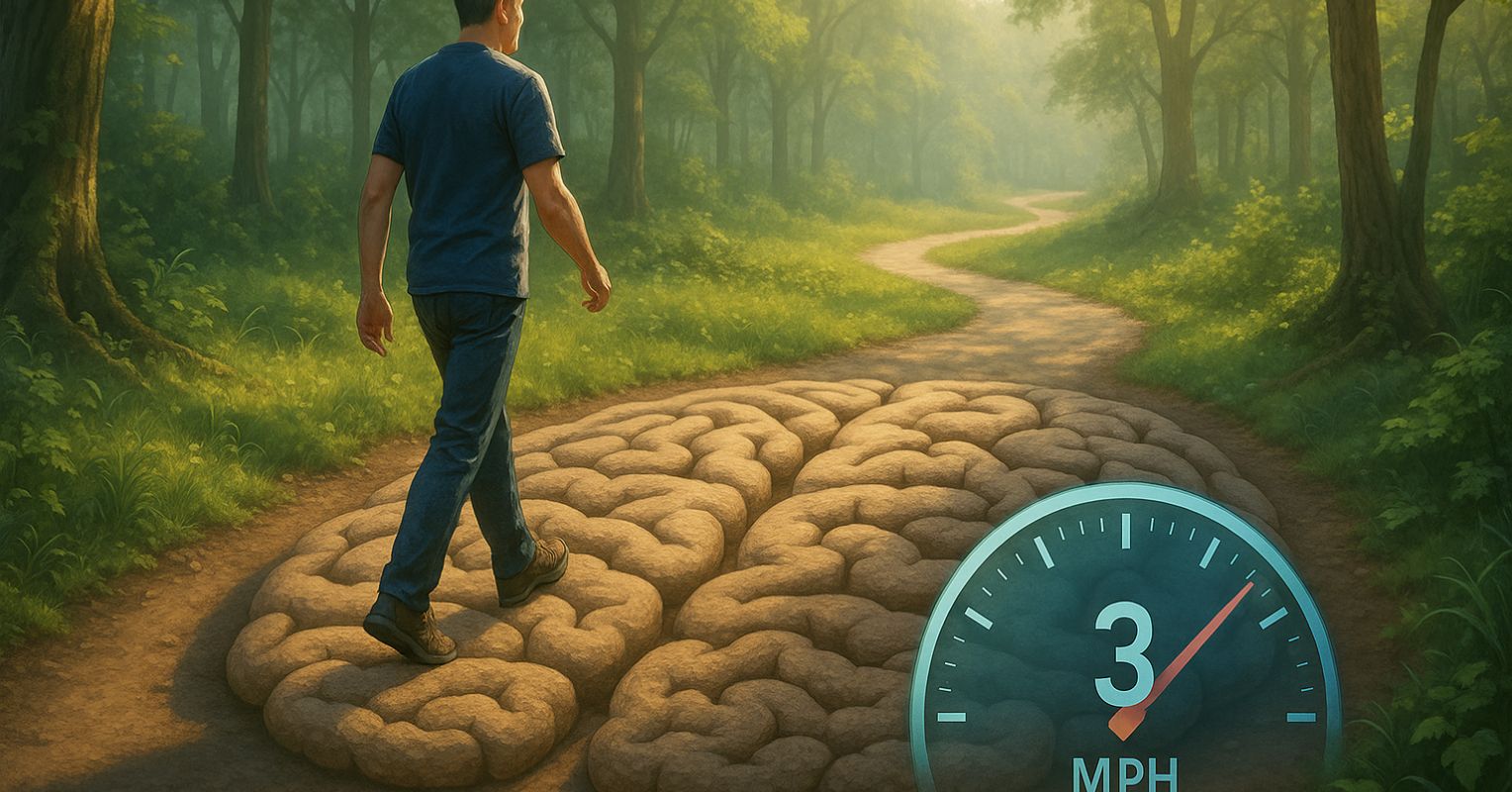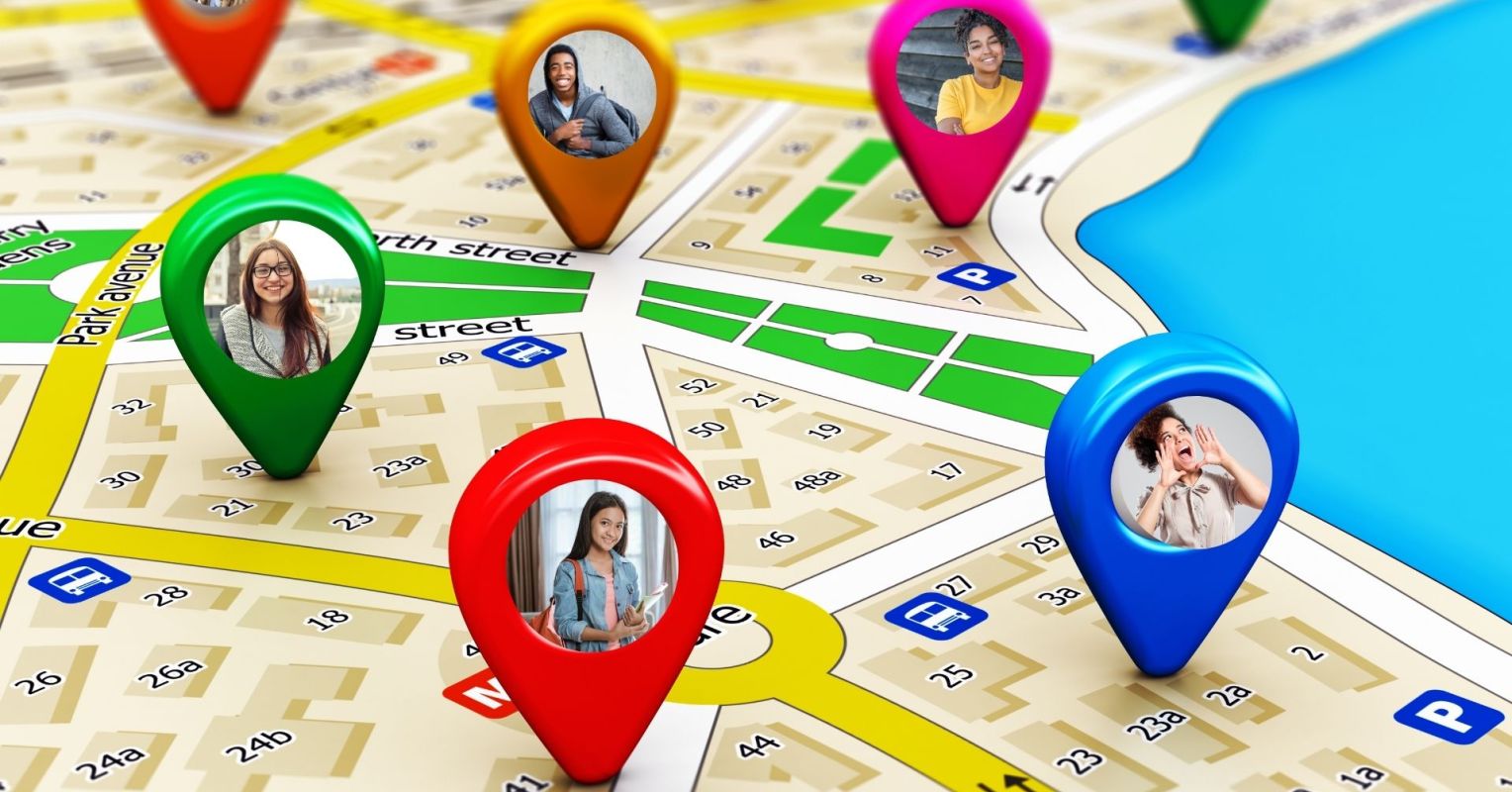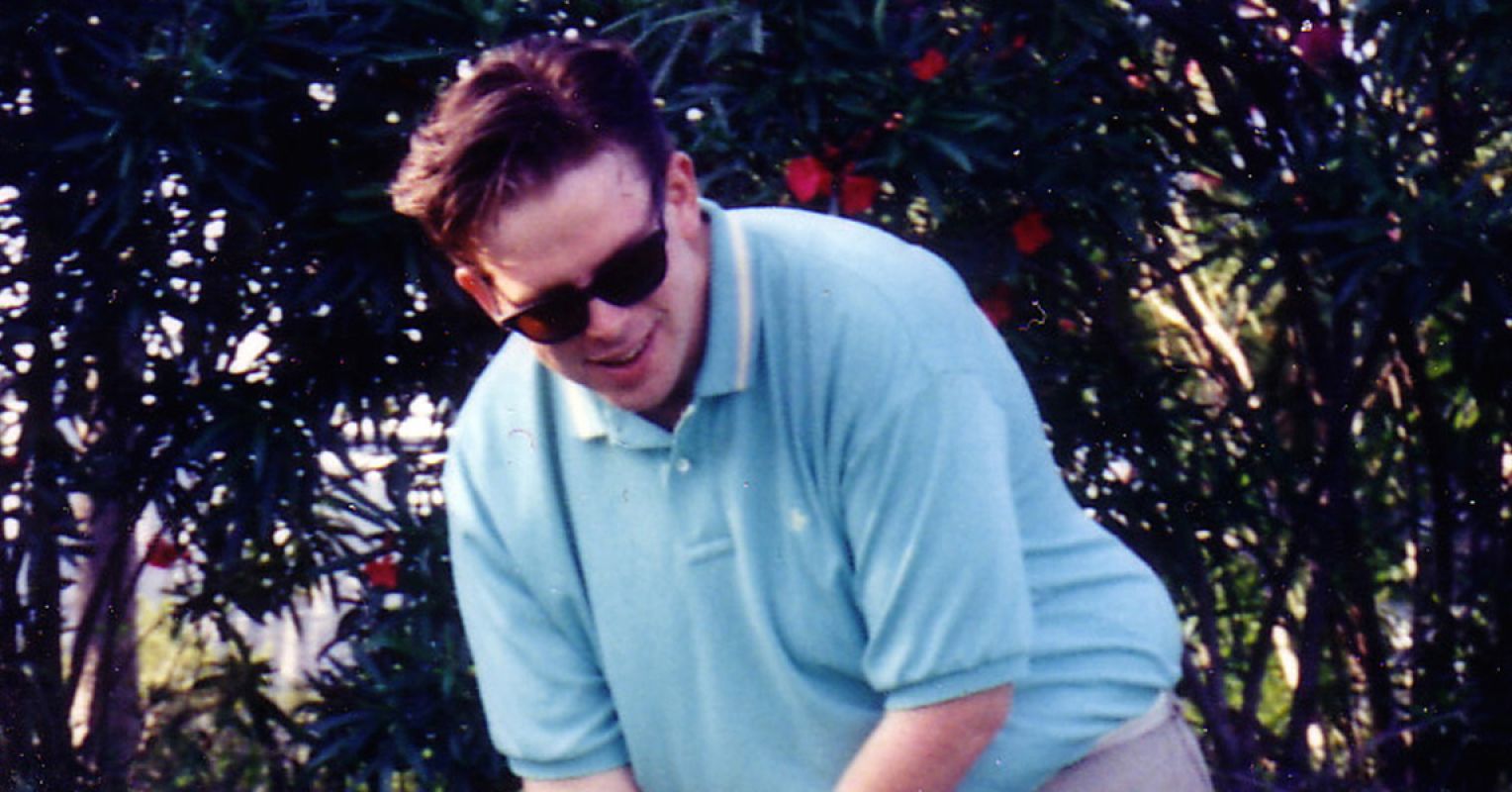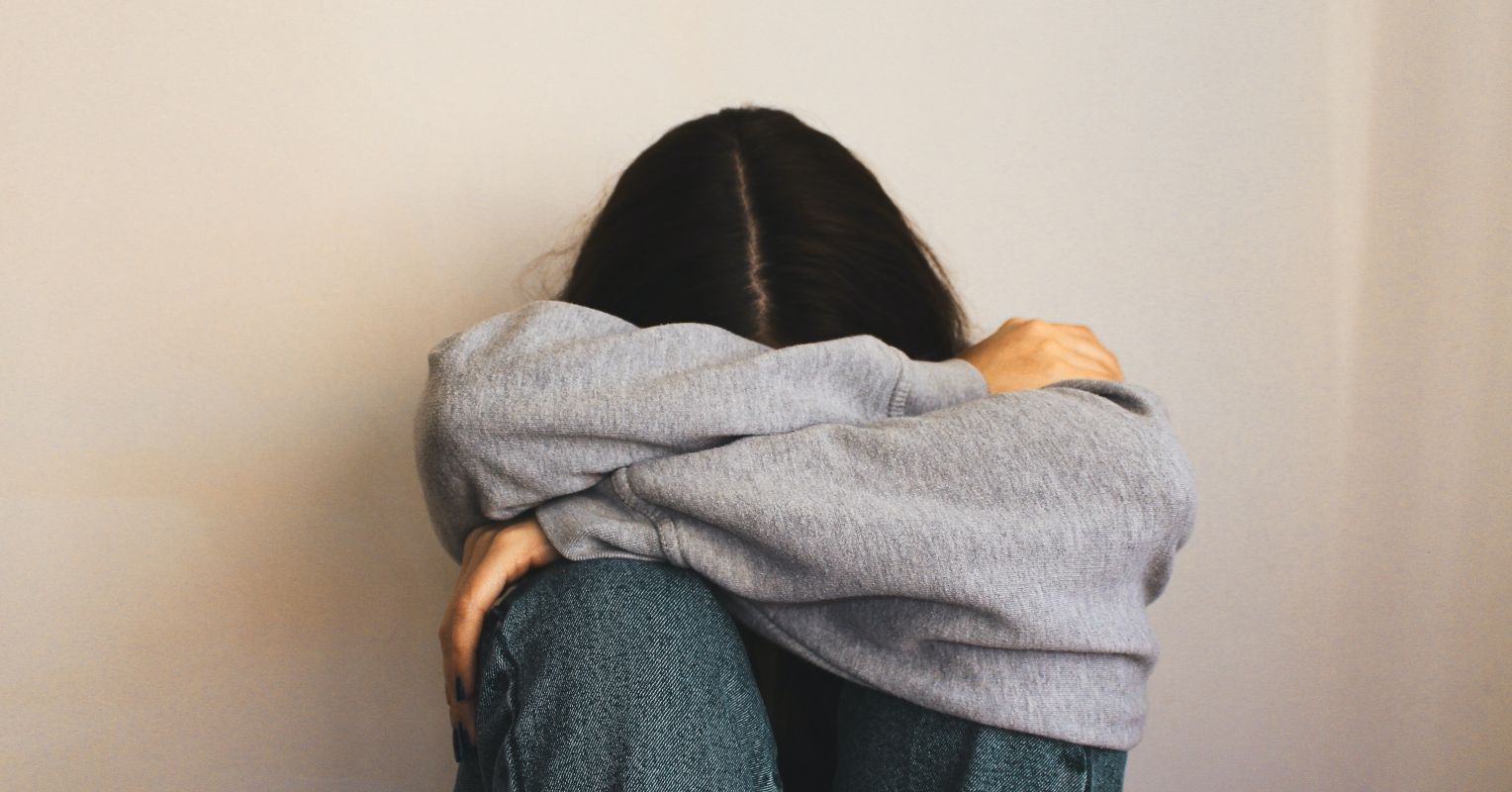
Psychology Today
@PsychToday
Insight about everybody's favorite subject: Ourselves.
It's estimated that 1 in 100 people meet the criteria for psychopathy. This is what sets them apart. psychologytoday.com/us/blog/the-so…

Many people feel lonely and like they don't have any friends. But it doesn't have to stay that way. There are real, tried-and-true ways to build stronger connections. psychologytoday.com/us/blog/i-hear…

Some heavy users of cannabis may develop cannabis hyperemesis syndrome. While not well-understood yet, this condition results in severe nausea, vomiting, and abdominal pain that only stops when the patient ceases using cannabis. psychologytoday.com/us/blog/bedsid…

Many well-intentioned parents hold their adult children back by trying to fix all their problems. Here's a healthier approach, explains @DrJeff4Help psychologytoday.com/us/blog/liking…

Walking slowly in midlife has been linked to faster aging and worse brain health. Here’s what can be done about it, by @austinperlmd psychologytoday.com/us/blog/the-mo…

How can you tell if someone genuinely forgives you or if they’re just going through the motions? Here’s what to watch for. psychologytoday.com/us/blog/the-fo…

The couple whose affair was exposed onscreen at a Coldplay show ran into some extraordinary circumstances, but their experience offers key lessons for any pair grappling with the risks of infidelity. psychologytoday.com/us/blog/everyo…

The core of perfectionism is the sense that one is a bad person, a state which one believes to be so extreme that it can only be remedied by an equally extreme one. Since “bad” is such a broad term, it encompasses many misdeeds. @PsychToday psychologytoday.com/us/blog/perfec…
While we can’t turn back the clock, we may be able to slow it down by changing how we experience aging. Here's how it works. psychologytoday.com/us/blog/aging-…

"Careful thinking is a strength...you may only need a little direction to help you learn to better utilize that strength under conditions of uncertainty" buff.ly/VP9TgGz via @psychtoday | 7 Ways to Cope with Uncertainty
People are more likely to learn and perform better when they are recognized for what they do well. Here's how to make that happen. psychologytoday.com/us/blog/meanin…

Location tracking has become the norm, especially among Gen Z. What started as a tool for oversight, safety, and convenience has expanded to become a form of social glue—but it's not without its costs, explains @pamelarutledge psychologytoday.com/us/blog/positi…

Fear of being judged can subtly influence what we wear, say, or do. Self-compassion could be the key to showing up fully, as we are in this moment. Here's how. psychologytoday.com/us/blog/the-we…

When anxiety goes unaddressed, it doesn't just fade—it often transforms into depression. Here's why it happens, and what can be done to help prevent it. psychologytoday.com/us/blog/liking…

In the heat of an argument, partners can sometimes regress and say or do childish things that may cause lasting damage. Here's how to prevent that from happening in your relationship. psychologytoday.com/us/blog/redisc…

Abraham Lincoln and Charles Darwin transformed their mental health conditions—depression and obsessive-compulsive disorder respectively—into powerful motivators for their great successes in life. Here’s what we can learn from them. psychologytoday.com/us/blog/live-l…

Change is hard. But ambivalence can be harder. If you're feeling stuck, a research-informed communication approach called motivational interviewing could be the push you need to begin charting your path forward. psychologytoday.com/us/blog/awaken…
According to economics, curiosity is the smartest move you can make. Here's why exploring new ideas offers better returns than staying in one lane. psychologytoday.com/us/blog/curios…

When someone has a strong desire to feel in control, their effort to avoid negative surprises can skew their thinking in an overly pessimistic direction. This can lead to procrastination and anxiety. Here's how self-talk can help, by @DrAliceBoyes psychologytoday.com/us/blog/in-pra…

In crowded public places, some people will make room for others to be comfortable too. But some will subtly take up more space. Here’s what that says about their personalities. psychologytoday.com/us/blog/buildi…
